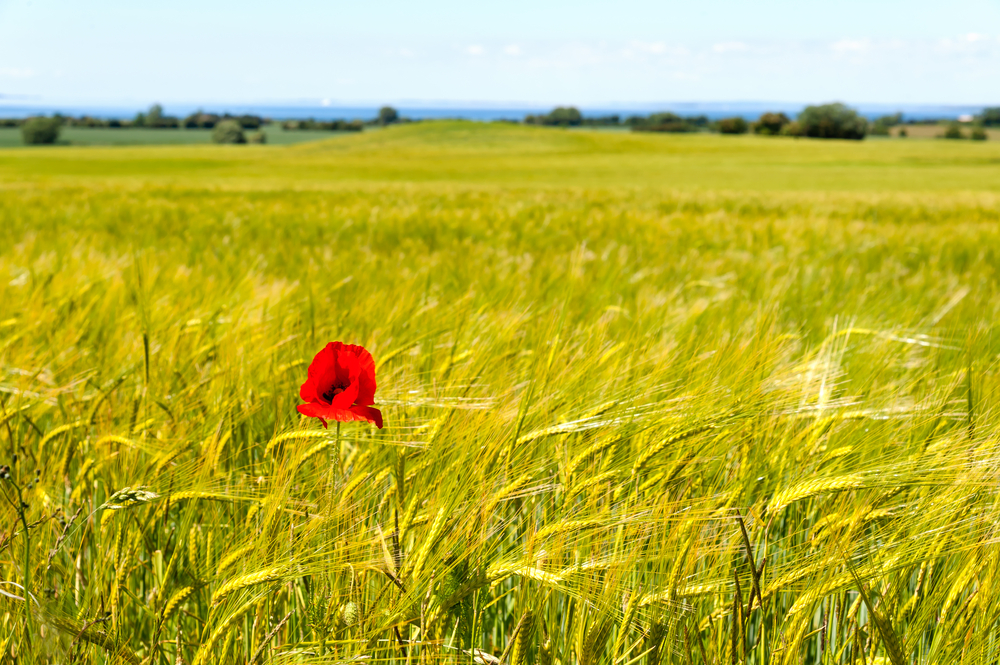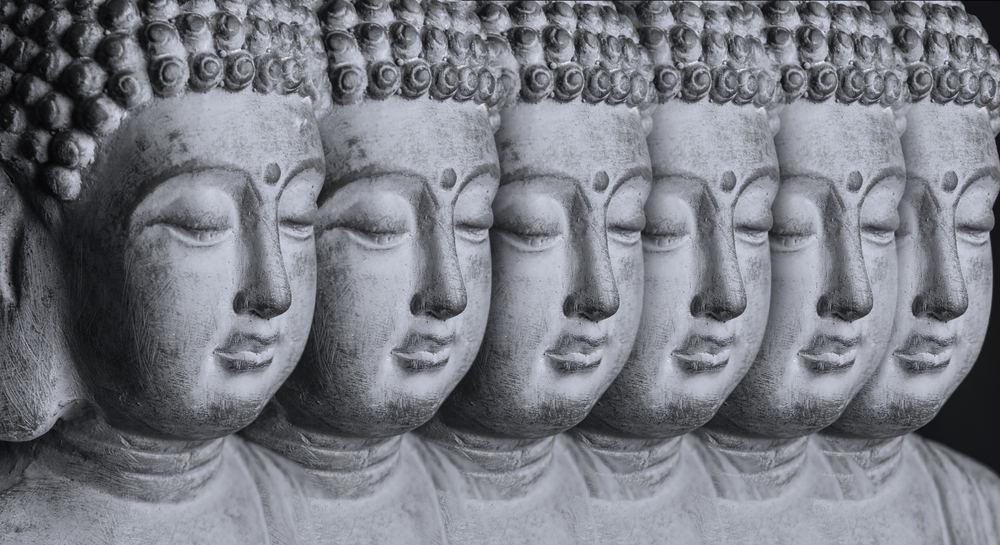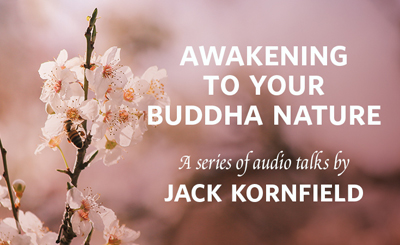Without understanding the source of suffering, human beings strive to gain happiness by possessiveness and greed, through violence and hatred. We act out of delusion and ignorance, creating pain as an inevitable result. Our grasping, our aggressive entanglement in the world brings with it unavoidable struggle and loss, yet all is done purportedly to seek safety, to find happiness. The Buddha saw what every wise heart comes to know, that life on earth is painful as well as beautiful. Yet our confused reactions magnify this fundamental pain into an even greater suffering. Millions hunger, though there is abundant food available. Millions languish in sickrooms or hospitals, ill with diseases that we have medicine to cure. This suffering is not separate from us.
There are times in spiritual life when it feels as if all the barriers we have erected to shield ourselves from the pains of the world have crumbled. Our hearts become tender and raw and we feel a natural kinship with all that lives. The cries of street children echo in our mind, images of terrorism and racism, ecological destruction, poverty, and slavery fill our consciousness. It is as if our consciousness has broken open to the struggles of humanity and the earth itself. We may feel that we are in a charnel ground, we may see the suffering of countless generations. And we recognize that there is no escape from this. Yet only by opening our eyes and heart to the suffering of the world can we find freedom or peace. In our own way, each of us must look into this great question: What is the truth about suffering in human life and what is the cause of this suffering?
To see the truth of suffering completely is to come to freedom through the gate of suffering. We can never successfully grasp or control the changing conditions of life. We cannot possess our lover, our spouse, our homes, our work. We cannot even possess our children. Yes, we can love and care for them, but if we try to control them, we only create suffering. Pleasure and pain, praise and blame, success and failure alternate day after day. The world itself has pain and pleasure woven into it as night is woven together with day. If we resist this truth, we will inevitably suffer. When we open the heart through the gate of sorrow, we sense how pain and dissatisfaction are woven into the fabric of experience.
In the midst of pleasure, we are anxious about when it will end. In the midst of possession, we worry about loss. Even the most beautiful birth and most gracious death come with pain, for entering and leaving the body is inherently a painful process. We know that throughout our day, experience changes from pleasant to neutral to unpleasant, and back again, ceaselessly. This unending change is itself a source of pain. And our habitual reactions to it can create in us a continuous sense of struggle.
One strategy for gaining liberation is to focus our attention directly upon this inherent, continuous experience of dissatisfaction and pain. We must sense it clearly, and find in its midst a freedom that releases us from any identification or grasping. By the careful observation of the source of each action, a constant movement to alleviate suffering is revealed. Yet those who face this truth do not find it a formula for despair, but a gateway to compassion. For within the heart is found a freedom and love even greater than the suffering. By facing the pain of the world they awaken a fearless and merciful heart, the universal birthright of humanity.
When we honor the gate of suffering, what arises is the wondrous power of compassion. This compassion is described as the fluttering of the heart in the face of the pain of any other being. It is a tenderness for all forms of life, all that is born and dies, all creatures who live by one another’s births and deaths. Sometimes it is compassion for ourselves. The need for such compassion is there in every journey, Buddhist or Hindu, Jewish or Christian. The question of human suffering is central to the journey of grace and redemption.
In the gate of sorrow we free ourselves from illusions and grasping, from a false separation from all life, and hold it all. We can rest in the great heart of Buddha, in the heart of the One Who Knows






